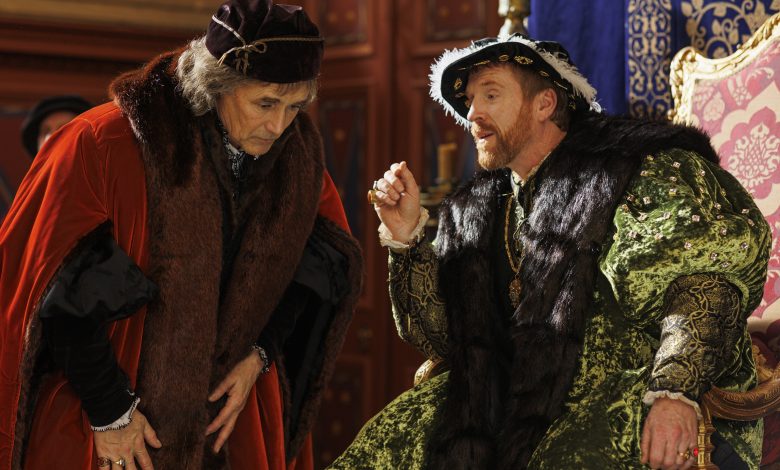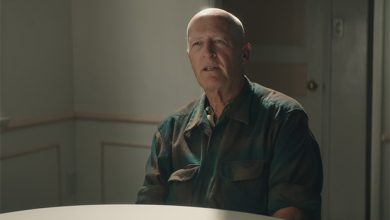Peter Straughan on Adapting “The Mirror and the Light” Into Masterful Historical TV

Oscar-winning screenwriter Peter Straughan, known for his masterful depictions of power dynamics, returns with another intricate political tale in “Wolf Hall: The Mirror and the Light.” The six-part series, which recently concluded on PBS Masterpiece, is the final installment in the acclaimed adaptation of Hilary Mantel’s trilogy about Thomas Cromwell, advisor to King Henry VIII.
Following his success with Conclave, Straughan embraced the challenge of adapting Mantel’s nearly 800-page novel into compelling television. Speaking to Gold Derby, he emphasized Mantel’s strength: “All the externals are accurate. And then, her great gift was to make the internals come to life.”
Norman Lear Honored at Pride LIVE! Hollywood for His Groundbreaking LGBTQ+ TV Legacy
Capturing the Heart of Cromwell’s Story
Mantel’s novels offer a vivid reimagining of Tudor history, with Cromwell at the center of the political web surrounding Henry VIII. Straughan focused on the tension between Cromwell’s growing influence and the dangers of the royal court. Despite opportunities to withdraw, Cromwell remains entangled in the king’s orbit—a decision that ultimately seals his fate.
The adaptation showcases the return of Mark Rylance as Cromwell and Damian Lewis as Henry VIII, exploring their volatile yet intimate dynamic. “When you’re working with actors of that caliber,” Straughan said, “you can write with fewer touches, because they’ll fill it all in with their faces, with their eyes.”
Crafting Memorable, Visceral Moments
Straughan’s adaptation is full of cinematic detail drawn directly from Mantel’s text. One striking example is the execution of Anne Boleyn, portrayed with haunting precision. Blindfolded, she turns at the sound behind her, and the executioner silently changes position before delivering the fatal blow.
See More ...
In another detail, Anne raises her hand in fear before the execution, prompting Cromwell to urgently warn, “Put your hand down. He’ll cut through the hand.” Straughan notes, “It’s a horrible detail, but it always gets to me.”
Cromwell’s Sudden Fall from Power
Though viewers know Cromwell’s fate, Straughan’s writing brings suspense and immediacy to his downfall. “It wasn’t a slow decline,” he explains. “It was more like he was holding onto a balloon, going higher and higher. And you get scared for him.”
Despite the inevitability of death, Straughan captures the human instinct for hope—even in doomed characters. “Anne still hopes at the end of the first season. Somehow she believes she’ll be saved. That’s the brilliance of Mantel’s work—we feel that too.”
A Fitting End to a Masterful Trilogy
The Mirror and the Light closes one of the most intelligent and emotionally complex historical adaptations in modern television. With Straughan’s script, Mantel’s rich storytelling is preserved, and Cromwell’s final chapter unfolds with depth, urgency, and heartbreaking resonance.




